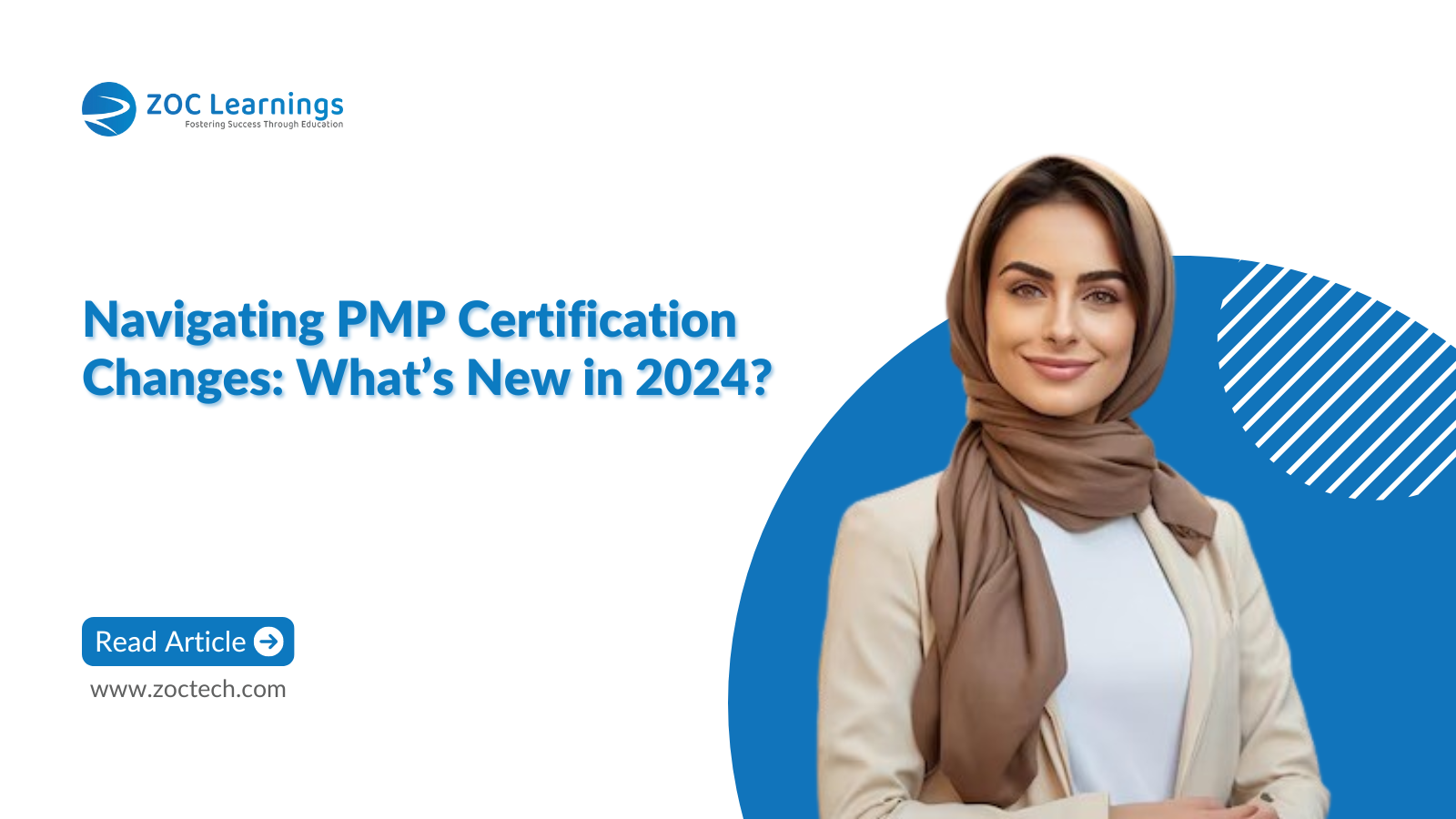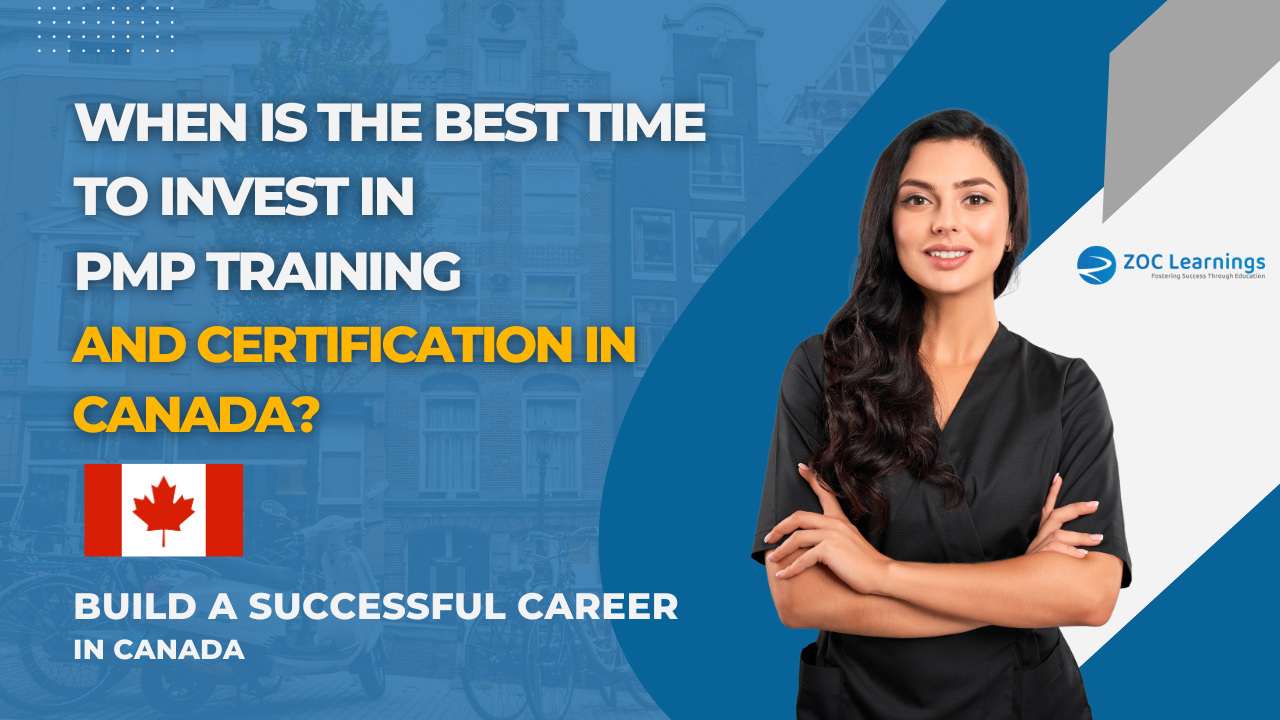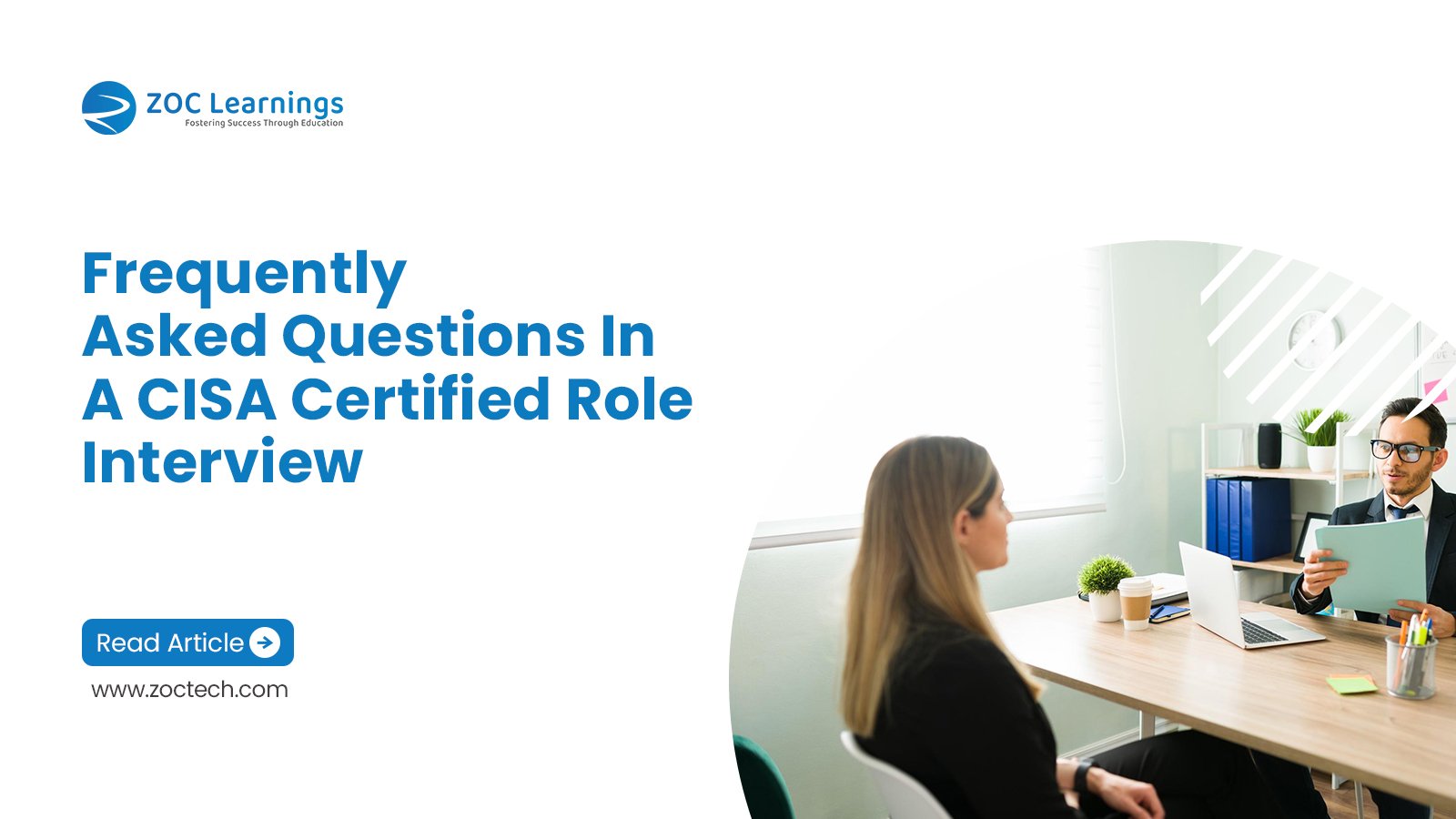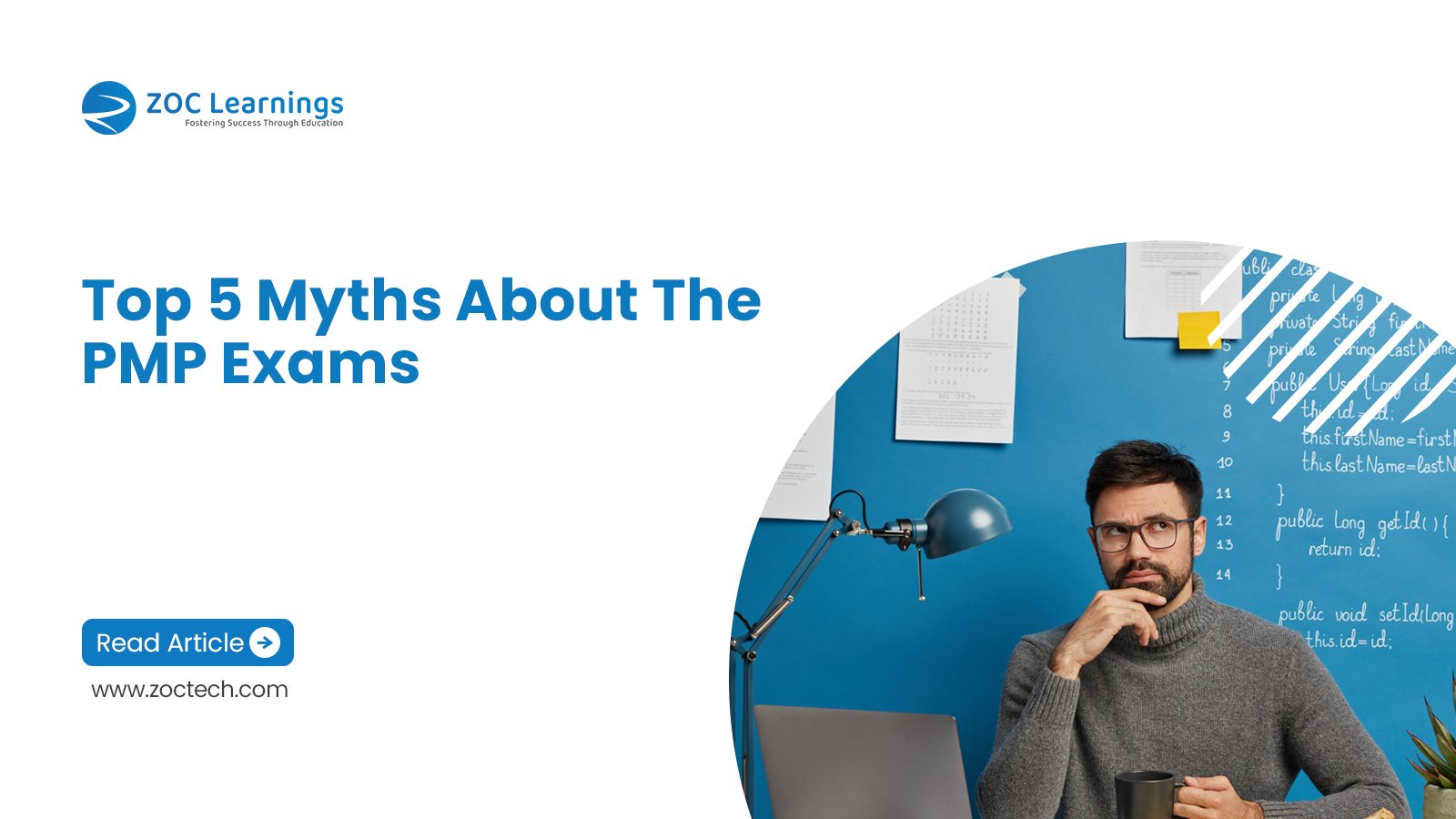Project management professional is an internationally recognized certification program that brings out the best in individuals in the management of projects. Due to the dynamic nature of project management, the PMI reviews the content of the PMP examination at some point in time. These changes help to keep the credential current and aligned with the industry’s best practices, methodologies, tools, and technologies. With the change in the year 2024, PMI has brought about several changes regarding the PMP certification exam. This blog will discuss these updates and provide a step-by-step guide for the PMP hopefuls and even the exam holders to know and manage these changes.
Why Changes to the PMP Exam?
Now, let’s go deeper into the details, but first of all, it is necessary to know why PMI updates the PMP exam now and then. Project management is not a stagnant field; it changes every day depending on technological innovations and the needs of the business climate. Thus, to sustain the relevancy and credentials of the PMP certification, PMI undertakes research, interviews with key stakeholders, and analysis of trends in project management across the world. The updates mean that only certified PMPs have the skills and knowledge to lead projects efficiently in a contemporary and dynamic environment.
Brief Idea about the PMP Exam Updates in 2024
- Updated Exam Content Outline (ECO)
The PMP Exam Content Outline (ECO) acts as a guide to the structure of the exam and describes the domains, tasks, and enablers that the candidates are expected to understand. Later in 2024, PMI sought to improve the nature of the ECO in regard to project management. Here are the key changes:
– Domains: PMP Exam will remain centered on three main areas of responsibility, as defined by PMI – People, process, and business environment. However, the ratio and emphasis in these domains have been shifted, as per the rising popularity of the lean, incremental, and hybrid approaches, managerial competencies and business acumen.
– Tasks and Enablers: To cover the recent skills needed in the project environment, PMI has changed specific tasks and enablers within each domain.
- More Flexibility in Choosing Agile and Hybrid Methods
Agile has become widely adopted in many industries hence the introduction of more agile-related information within the PMP examination. The 2024 update continues this trend:
– Agile/Hybrid Content: It is important to note that a considerable part of the exam encompasses principles of agile as well as hybrid frameworks’ management. This covers aspects of agility such as principles for agile, scrum master, the product owner, and tools and methods in agility.
– Agile Mindset: It involves clear examples of an agile mindset based on flexibility, continuous improvement and collaboration as key components that candidates have to reflect.
- More Emphasis on Soft Skills and Leadership
Communication, collaboration, and conflict resolution are important personal attributes for project managers in dealing with multifaceted project projects across diverse functional units. The 2024 PMP exam places more emphasis on:
– Leadership Styles: Learning of various leadership approaches and the right time to use them is very important. The exam will cover leadership skills of multi-ethnic groups, conflict resolution and methods of team building.
– Communication and Stakeholder Management: Communication is a critical factor that defines the success of any project and its efficient management. The changes in the exam also underscore the need to involve stakeholders and commit to managing and communicating their expectations across the project life cycle.
Business Acumen and Strategic Thinking
It has also be realized that it is expected of project managers to locate their projects within overreaching organizational goals. The 2024 PMP exam reflects this by:The 2024 PMP exam reflects this by:
– Strategic Alignment: Challenging the candidates on how they would guarantee that projects correspond to corporate strategy and contribute business benefits.
– Financial Acumen: Knowledge of project economics, which includes budgeting, cost control and return on investment, is now even more important in the exam.
Changes to the Exam Structures and Formats
While the core structure of the PMP exam remains the same, PMI has made some adjustments to the format and types of questions candidates can expect:While the core structure of the PMP exam remains the same, PMI has made some adjustments to the format and types of questions candidates can expect:
- Question Formats
– Traditional Multiple Choice: These still feature commonly, but more and more there emphasis is on contextual questions that test the student’s ability to apply their knowledge in a practical setting.
– Drag and Drop: Candidates may face drag-and-drop questions where they are expected to drag processes, phases, or methodologies to their respective descriptions or project-related scenarios.
– Hotspot Questions: These involve locating specific areas on diagrams or charts, which reemphasize the need for tangible, functional knowledge of project tools and methods.
- Exam Length and Time Management
There is no change regarding the number of questions, which is 180, as well as the duration of the exam, 230 minutes. However, candidates should expect questions within the bracket to be more comprehensive encompassing two or three parts hence taking more time to answer. During the preparation towards the exams, PMI advise candidates to be able to manage their time well so that they can be in a position to complete the test within the set time.
Strategies for Preparing the 2024 PMP Exam
Based on the changes, it is clear that preparing for the PMP exam in 2024 needs to be strategic. Here’s how candidates can tailor their study plans to align with the updated exam content:
- Prioritize Rigor & Relevance: Agile and Hybrid Methodologies
– Agile Training: Go for professional agile certification classes or seminars that deal with forms such as Scrum, Kanban, and more. The PMI’s Agile Practice Guide should be taken into consideration as one of the most important ones.
– Practical Application: Learn to use agile tools and approaches for producing Software. This could be through real-life projects or hypothetical case studies.
- Strengthen leadership and Inter-personal Skills
– Leadership Courses: One should take courses that address leadership, group dynamics, and conflict. Self-help books and workshops, focusing on emotional intelligence and communication, are also helpful.
– Real-World Practice: Use them in the current job position, making sure to ask others for their feedback to hone in your skills.
- Strengthen Your Business Knowledge
– Understand Business Strategy: Learn what common ways define the relation between projects and business objectives. Their sources like PMI’s The Standard for Business Analysis Resource can be of great help in closing the gap between project management and strategic planning.
– Financial Management: These may include cost management, budgeting, and the general knowledge of how financial operations function, including, forecasting.
- Decide to use Newer Study Materials
– PMBOK® Guide, 7th Edition: The PMBOK® Guide continues to be a reference but candidates should also look at the current version of the Agile Practice Guide as well as other PMI publications resilient with this new syllabus.
– Mock Exams and Practice Tests: These procedures require concrete practice with the PMP mock exams that have been modified according to the recent 2024 update. This will aid you familiarise with new questions that are in different styles as well as the management of time as set by the examination.
Impact on Current PMP Holders
As for those professionals who have already obtained the PMP certificate, the changes that will go into effect in 2024 will help to remain relevant in the job market. Here’s what you need to know:
- Continuing Education
– PDUs: To ensure the courses you take are updated with the new exam content, look for PDUs in agile methodologies, leadership, and business strategy.
– Workshops and Seminars: Take part in PMI workshops, seminars, and webinars that are giving the latest in the practices of project management.
- Re-Certification and Staying Relevant
– Re-Certification: If you have a certification now that is due for renewal, you might want to target the areas covered in the 2024 update with your continuing education.
– Networking and Knowledge Sharing: Connect with the PMI chapters, PMI forums and PMI professional networks to continue the dissemination of knowledge and update of the development in the project management profession.
Conclusion
Recent updates on the PMP certification exam for 2024 have been made due to the ever-evolving field of project management. As organizations incorporate agile approaches to work, ensure focus on strategic objectives, and highlight leadership and communication, the responsibilities of a project manager keep shifting. Therefore, any change that takes place in the industry can be effectively addressed by PMP candidates and certified professionals to embrace these changes in a way that ensures success in undertaking projects in the current business world in the right manner.
For anyone interested in the PMP examination or simply aiming to renew their certification, it’s important to understand these changes. Begin making your preparations now to successfully manage these shifts and to move forward with your project management career.











